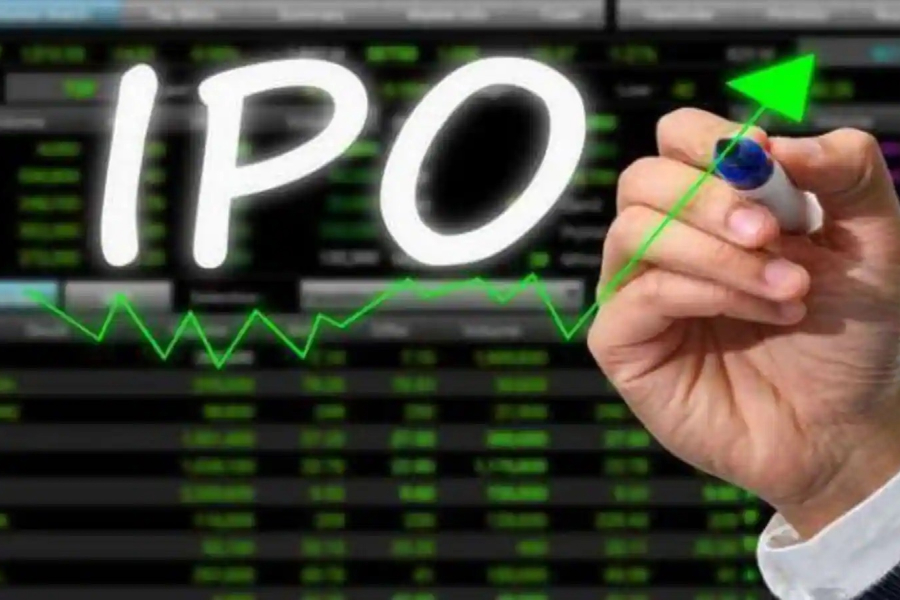The rise in sustainability awareness among investors has been reflected in companies adopting and implementing sustainable strategies in their business models. Integrating ESG policies into business models reflects long-term prospects of a company, improved market reputation, robust competitiveness, outperforming their competitors financially, resulting in transforming the entire value chain and ecosystem. Further, customers also expect companies to contribute to the betterment of the environment and society and prefer brands which align with their belief systems.
Companies envisioning IPO need to plan to walk the path and declare their commitment to ESG early in the “Pre- IPO” stage to boost credibility and visibility. Thus, voluntary ESG communication/ disclosures at the “Pre- IPO” stage is a key factor for a successful capital market debut. The early stage of ESG insight and measurement benefits IPO valuation and financial performance. This includes own ESG assessment which enhances transparency level, the attraction of responsible investor’s interest including that of investment funds as investors perceive ESG compliant companies as less risky. Further, higher transparency towards its stakeholders reduces the asymmetric information demonstrating the company is more trustworthy.
The three ESG metrics- environmental, social and governance, quantify a company’s impact on the environment, society, and the responsibility towards its employees and the company’s outlook towards its governance. To uncomplicate the ESG evaluation process for investors, rating institutions have established the concept of ESG rating/ score. ESG score demonstrates the company’s inclination towards mainstreaming ESG, which has become one of the most critical factors for stakeholders, especially at the “Pre-IPO” stage. Companies with strong ESG scores have a great competitive edge which enables them to generate returns beyond normal. Resultantly, investors would not demand higher compensation in return and the IPO would not be under-priced when compared to a non-ESG compliant company.
It is observed that ESG ratings will soon become mandatory just as credit ratings for companies looking to raise capital. During the book-building process, the underwriter attempts to determine the price at which an IPO will be offered. Further, in the process of an IPO, institutional investors are commonly involved and are often considered well-informed investors. Furthermore, the underwriter needs to create incentives for the institutional investor to reveal what price they are willing to pay to facilitate the process of correctly pricing the IPO shares.
Venture capitalists and private equity investors have increased their requirements to conduct due diligence and incorporate ESG aspects while evaluating prospective investments as ESG-integrated funds remain relatively safeguarded. They want to know at an early stage whether the company carries any sustainability risks that could negatively impact the value of the company. The largest investors worldwide are allocating capital to companies that are well equipped to benefit from the transition to a green & amp; sustainable economy and are willing to protect their portfolios against downside ESG risks.
As part of “Pre- IPO” research and ESG assessment, companies should reassess existing models to understand their degree of sustainability, evaluate their performance in all material ESG aspects, and devise a strategy which is driven by top management, connected to the company’s purpose that creates and capture long term competitive advantage.
Looking Ahead
A company’s ability to create positive environmental and societal impact is rapidly reshaping competitive advantage and companies must simultaneously integrate ESG aspects into every component of the business to capture the value from this transformation. To tap maximum responsible investors, companies need to broaden their outlook to consider ESG more than just compliance. For companies planning IPO, ESG is ‘pre-financial’ information rather than ‘non-financial’ information and acts as a listed company before going public.



